
Book a Consultation
Thank you!
Your form has been sent successfully.

Colorectal cancer develops when cells in the lining of the colon or rectum grow uncontrollably. The colon, which is the main part of the large intestine, plays a key role in digestion, while the rectum connects the colon to the anus.
Typically, colorectal cancer begins as a slow-growing, noncancerous growth called a polyp on the inner lining. If left untreated, these polyps may gradually become cancerous, potentially becoming life-threatening.
Understanding the types, symptoms, and available treatments is crucial for early detection and effective care.
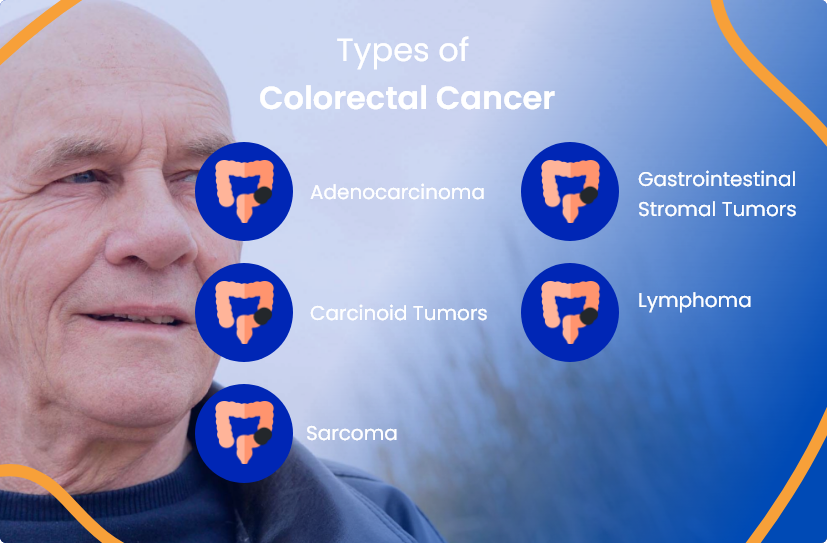
1. Adenocarcinoma: This is the most common colorectal cancer and starts in the mucus-secreting cells that line the colon and rectum. These cells typically make a slippery fluid that helps stool pass.
2. Gastrointestinal stromal tumors: These develop in specialized cells called interstitial cells of Cajal in the colon wall.
3. Carcinoid tumors: These are neuroendocrine tumors that occur in hormone-making cells of the intestine.
4. Colorectal lymphoma: This is an uncommon type that starts in immune cells of the colon or rectum.
5. Sarcoma: This is rare and develops in blood vessels or connective tissue of the bowel wall.
Common signs and symptoms may include:
The following tests and procedures may be recommended depending on your symptoms, age, and general health:
• Blood tests: These check your red blood cell levels because bleeding in the colon or rectum can make you anemic. Your doctor may also order a carcinoembryonic antigen test to look for a protein that can be higher when colorectal cancer has spread.
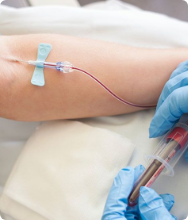
• Colonoscopy: A doctor gently inserts a thin, flexible, lighted tube through the anus to examine the rectum and colon. Anesthesia is administered for comfort before the procedure.

• Biopsy: This provides a definitive diagnosis by removing a small tissue sample for microscopic study; this can be done during a colonoscopy or with surgery, and sometimes a fine needle guided by imaging collects cells from a suspicious area.

• Imaging tests: X-ray, CT, MRI, PET-CT, and ultrasound can help locate and measure the tumor.
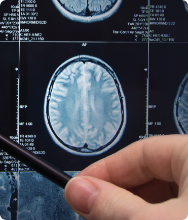
• Biomarker Test: This test identifies genes, proteins, or other markers commonly found in colorectal cancers.
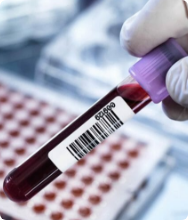
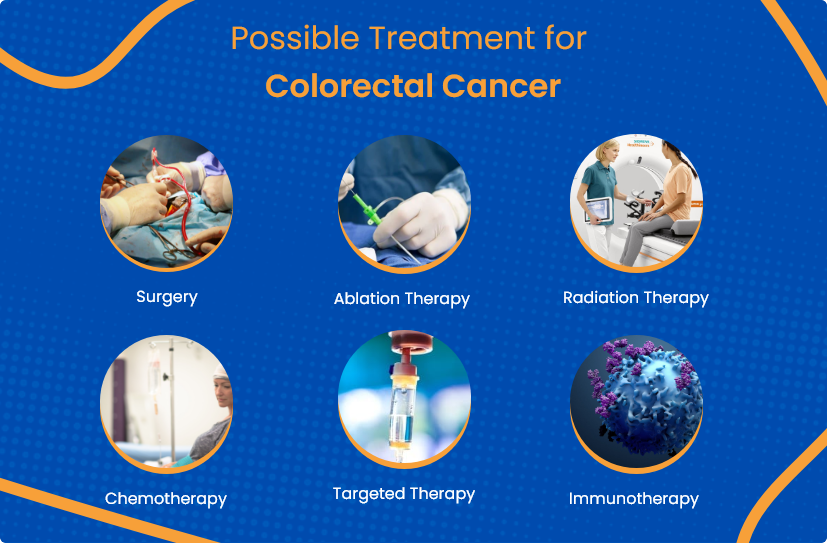
There are different treatment options available for colorectal cancer, and your doctor will decide on the best course depending on the type and stage of the disease and your overall health.
1. Surgery: It removes the tumor along with a rim of healthy tissue. Depending on the tumor’s size and location, doctors may use minimally invasive laparoscopic techniques.
2. Ablation: This may be used when cancer has spread to other organs. It destroys tumor cells with extreme cold or high-energy radio waves to reduce size and ease symptoms.
3. Radiation therapy: This uses high-energy beams to damage or destroy cancer cells. It is often delivered by a machine outside the body, called external beam radiation.
4. Chemotherapy : This treatment uses medicines that travel through the bloodstream to reach rapidly dividing cells. It can treat cancer cells that have spread or are too small to see on scans.
5. Targeted therapy: This is designed to block specific cell proteins or genes that help cancer grow. Because of its specific action, it may cause fewer side effects and spare more healthy cells.
6. Immunotherapy: This treatment uses medicines to help the immune system recognize and attack cancer cells. These treatments aim to strengthen your own defense against the disease.
The cancer specialists at ACTC in Florida create personalized, evidence-based plans tailored to each person’s needs. Our team provides compassionate support, focusing on both physical and emotional well-being throughout the patient's journey.
You can consult our providers at ACTC:

Hematology/Oncology

Hematology/Oncology

Radiation Oncology
At ACTC, we understand the physical and emotional impact of a cancer diagnosis and treatment. Our dedicated team provides compassionate care and support to help patients and their families feel secure and confident throughout their journey.
At ACTC, our cancer specialists are backed up by qualified clinical staff with over two decades of experience and a reputation for providing personalized colorectal cancer treatment. Call 352-345-4565 or book an appointment here.

If you or a loved one has been diagnosed with colorectal cancer, a detailed discussion with your primary physician will help you understand your condition better. Your primary care doctor can then refer you to an advanced specialty center, such as ACTC in Florida.
As one of Florida's best cancer centers, we understand how a cancer diagnosis and therapy impact a person's physical and emotional well-being. Therefore, we work hard to make patients and their families feel secure. We understand how imperative it is for you and your loved one to make informed choices and play an active part in your medical care. We at ACTC strive to support you at every step of diagnosis, staging, treatment, and long-term follow-up in one convenient location. Our cancer specialists are backed up by qualified clinical staff with over two decades of experience and a reputation for providing personalized colorectal cancer treatment.
Schedule a consultation by calling
 352-345-4565
352-345-4565
A significant disturbance in bowel movement (diarrhea or constipation) that persists for many days and bright red or dark blood in the stools are the early symptoms of colon cancer.
Various factors that increase the risk of colon cancer include a family history of colorectal cancer, genetic factors, inflammatory bowel disease, previous history of cancer, certain polyps (adenomatous polyps), smoking, obesity, and increased consumption of processed food.
According to the American Society of Clinical Oncology, there is no specific measure to prevent colorectal cancer. However, managing your body weight, increasing physical activity, a healthy diet (rich in fruits and vegetables), and low red meat consumption may reduce the risk of colorectal cancer.
ACTC is one of Florida's leading cancer specialty centers, which offers personalized and comprehensive colon cancer care in a modern, state-of-the-art facility close to home. You can schedule a consultation by calling 352-345-4565 or completing the online form at www.actchealth.com. (we can give the link to the form here)
Schedule a consultation by calling
 352-345-4565
352-345-4565